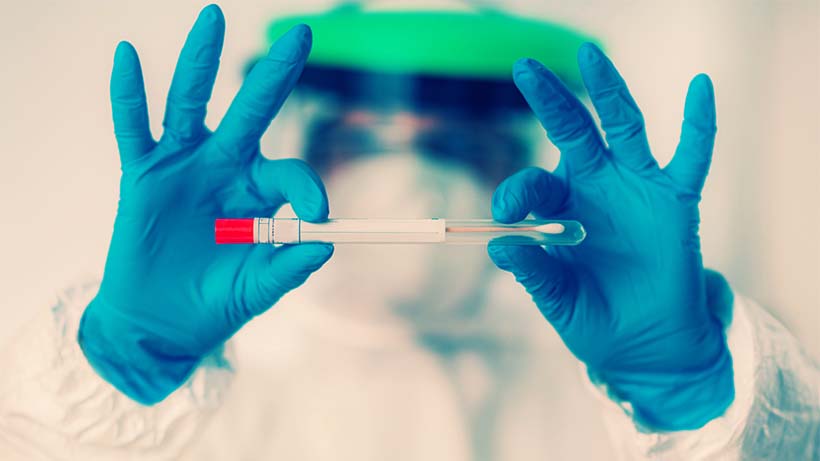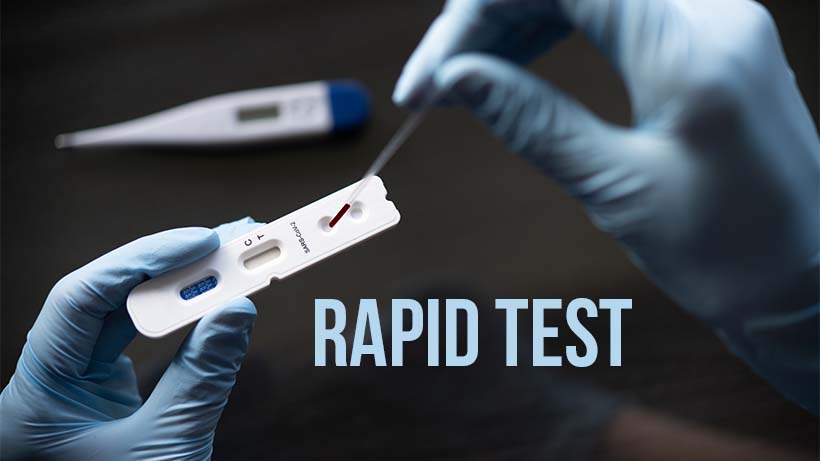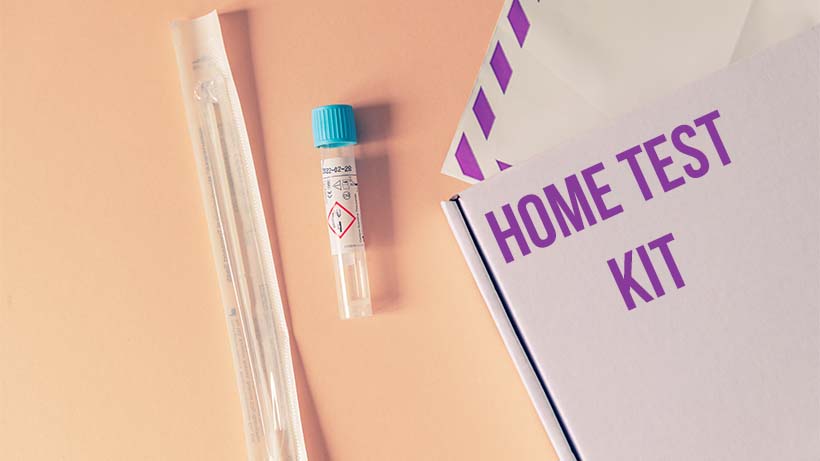A Guide to Coronavirus Disease Testing
The past two years have involved a great deal of talk about the coronavirus disease, or COVID-19. You have probably heard a great deal of information about COVID-19 and testing for the virus.
Whether you are planning on traveling outside the United States, returning to your home state from traveling abroad, or you are showing symptoms of coronavirus, you may need testing.
Below is a guide that explains the different types of COVID testing, where you can get them done, and how quickly you can get the results from each type of test.
COVID-19 PCR Testing
A PCR, or polymerase chain reaction, test for COVID-19 is the most accurate way to know whether you are positive or negative for the virus. The test detects genetic material from the virus that is present in your body.
The reason the test is so accurate is that it can pick up on trace amounts of the virus in your system. Many people test positive on a PCR test if they were infected with COVID-19 in the past few weeks or months, as trace materials from the virus remain in your body.
If you are hoping to rule out COVID-19 with near certainty, a PCR test is the best way to do so. A person experiencing symptoms such as aches, fever, cough, chills, fatigue, loss of taste and smell, or headaches for more than a few days should get tested using a PCR test.
The only downside to PCR testing is that results can take one to two days to arrive. If you are in a hurry to know if you are positive or negative, you may need to remain patient, especially if you want the most accurate results.
A PCR test is a straightforward process where a healthcare professional uses a swab to take samples from your nose. The sample is then either sent to another laboratory or processed at the site where your PCR test was done.

Rapid Tests for COVID-19
A rapid test for COVID-19 is also known as an antigen test. These tests require a nasal or throat swab, which gets tested for a specific protein that is present in the coronavirus.
If you are positive for the protein, you are positive for COVID-19, and vice versa. These tests can deliver results in up to fifteen minutes, making them very useful if you need to know on the spot whether you have COVID-19 or not.
The issue with the antigen tests is the lack of accuracy in comparison to PCR tests. Since the test checks for a specific protein in your sample, you are more likely to get an accurate antigen result if you are at or near the peak of infection. For those who are not yet symptomatic or past the peak of infection, the rate of false positives and negatives rises significantly.

Process for Taking a Coronavirus Disease Test
Many people may wonder when they should take a coronavirus disease test. The answer depends on your circumstances. You should take a COVID-19 test if:
- You are showing symptoms of the virus.
- You know a close friend or family member who is positive for the virus.
- You are planning a trip abroad in the coming days.
- You are visiting a venue or attending an event that requires proof of negative COVID-19 on entry.
Any person who is showing symptoms of COVID-19 should get a test as soon as possible, whether they are vaccinated or not. Even though vaccines do protect against both infection and severe disease, they are a lot more effective at the latter. You can test positive for COVID-19 and experience mild symptoms, even after vaccination.
If you know someone who is positive for the coronavirus, think about the last time you came into contact with that person. Considering a person can be pre-symptomatic for more than a week and spread the virus, if anyone you interacted with over the past week or two is now positive for COVID-19, get a test to ensure you are safe.
Anytime you are traveling abroad or attending an event where they require proof of negative COVID-19, you should get a test. Most venues will accept the results of rapid tests, while airlines have a significant preference for PCR tests, as they are more accurate.

Are At-Home Testing Kits Reliable?
If you shop at supermarkets or pharmacies, or online retailers, you may notice that at-home testing kits are available for the coronavirus disease. Such testing kits are fairly accurate in telling a person whether they are positive or negative for the virus if that person is showing symptoms.
Those who are hoping to test negative ahead of a domestic or international trip should not use a home testing kit unless the kit asks you to send your sample to a lab for testing. If the kit presents the results at home, then you cannot show such a result as proof of a negative test before boarding an airplane, bus, or train.
Individuals who have close family members or friends that test positive or display symptoms of the virus should only use an at-home testing kit if they are also symptomatic. If you are not showing any symptoms of COVID-19, you could be positive, but the at-home testing kit will not produce a positive result.
If you can wait a few days, take a PCR test for maximum accuracy. There will be plenty of locations in your area where you can take a rapid test, which provides results within minutes.
Testing Helps You Stay Safe
The best way to stay on top of your health and wellness during a pandemic is by taking tests anytime you are showing symptoms. If you or a person in your close circle of family or friends displays signs of COVID-19, getting a PCR or rapid test is very helpful.
Testing is also extremely relevant for travelers, especially those who are going outside the United States. Each time you travel internationally, you must display proof of a negative COVID-19 test.
Even though getting a test every few weeks may seem frustrating and troublesome, such a process keeps you and those around you safer.
































































































